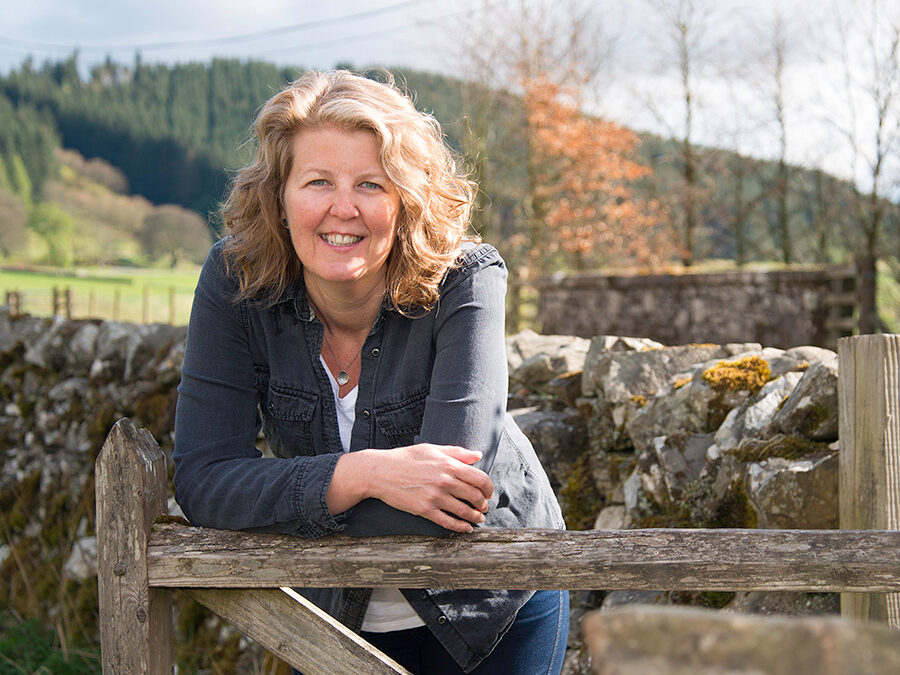A while back, I did a talk for the Scottish Goldsmiths Trusts Ethical Making Ambassadors. I asked you for your definition of what words such as ethical, sustainable, recycled etc meant and you responded generously. The point I wanted to make to the student ambassadors was that everyone will have a different definition and that’s ok, but as jewellers, what’s important for honesty and transparency is to be clear to our customers what we mean when we talk about those things. I talk about my ethics a lot on social media but I promised that I would write some posts in more detail and this is the first of a few.
Being ethical, to me, is about considering and thinking deeply about all aspects of how I do business and how I can make changes for the better.
Things such as:
The way I treat my customers and suppliers
The due diligence I undertake when I’m deciding from whom and where to source things
Who and what I want to support and what I absolutely do not want to support
To whom I make charitable donations and, for instance, choosing to make a donation rather than sending Christmas cards
The little things like the brands of loo roll (recycled from SUMA) washing up liquid (Ecover) soap (Faith in Nature) and 100% recycled printer paper
Providing free feminine hygiene products in our loo for anyone who needs them
Providing a ramp at our front door to make life easier for anyone who needs it
Recycling and reusing packaging materials and using paper rather than plastic tape
The paint I chose when decorating my lovely shop (more environmentally friendly – The Little Greene Paint Co and Brouns & Co). Repairing rather than stripping everything out and renewing, sensitively upgrading windows and insulation. Buying antique furniture rather than new (much nicer too).
Being vegan and running a vegan business. There are so many alternatives to using animals for anything, whether for food (there is absolutely no such thing as humane slaughter), sport (lets go shoot hundreds of sentient birds for “fun”), or testing (when there are other options) and not for polishing compounds, polishing mops, tools, glue etc. After all, if we can live a happy, healthy life without harming animals why wouldn’t we?
Supporting artisanal miners, but also supporting recycled metals and stones (less environmental impact, less energy use and less carbon)
Who I bank with (The Co-operative Bank)
Where I buy my water and electricity (100% renewable electricity from Ecotricity, Everflow builds wells in developing countries)
Not currently supporting a tree planting scheme because I can’t find one that doesn’t kill deer to protect trees.
Giving you the best advice I can
Being open and transparent about what I do, and about the pros and cons of jewellery sourcing.
Choosing to remodel lots of jewellery because it’s the most sustainable way to get new jewellery and because there’s a higher level of traceability as you’re re-using your own metal and stones AND you get to keep all of those precious memories
Choosing not to provide a fancy “unboxing” experience. Our card boxes, or handmade wooden boxes arrive in recycled packaging. It might not be the swanky way to do it, but it avoids all those layers of tissue and ribbon and stickers and god knows what else that just end up in the bin
Choosing jewellery packaging that prioritises sustainability over a typically “high end” aesthetic. Those posh boxes you see in the high end jewellers are created from multiple layers of card, laminated paper, metal, wood, glue, flocked foam, foil and synthetic fabrics. They can’t be recycled and go straight to landfill. Instead I use recycled, recyclable and compostable folded card boxes that are glue free and printed with vegan ink, alongside beautiful hand made wooden boxes made from wooden offcuts from a fine furniture maker who only uses UK timber.
I print the absolute minimum, choosing plant inks and recycled paper and card to ensure that everything is compostable. My thank you notes are also beautiful bookmarks.
I don’t mass produce jewellery – it’s wasteful of energy and resources, plus it creates unnecessary carbon (and other) emissions and waste products. I make to order instead.
I look for alternatives to chemicals e.g. citric acid instead of jewellery pickle (something we use to clean oxidation from metal).
I encourage you to buy less but buy better. Only buy things that you really love and that are built to last. Something I also do.
And then there’s the other things I do, which is what many businesses would say on their own gives them ethical credentials: fair pay, equal opportunities, no child labour, conflict free diamonds (which is utter nonsense – a Kimberley Process Certificate is not worth the paper it’s written on.
This is just a snapshot in time.
I am not perfect, the jewellery trade is far from perfect, but I do believe I am and that I run, an ethical business. Judge for yourself.

